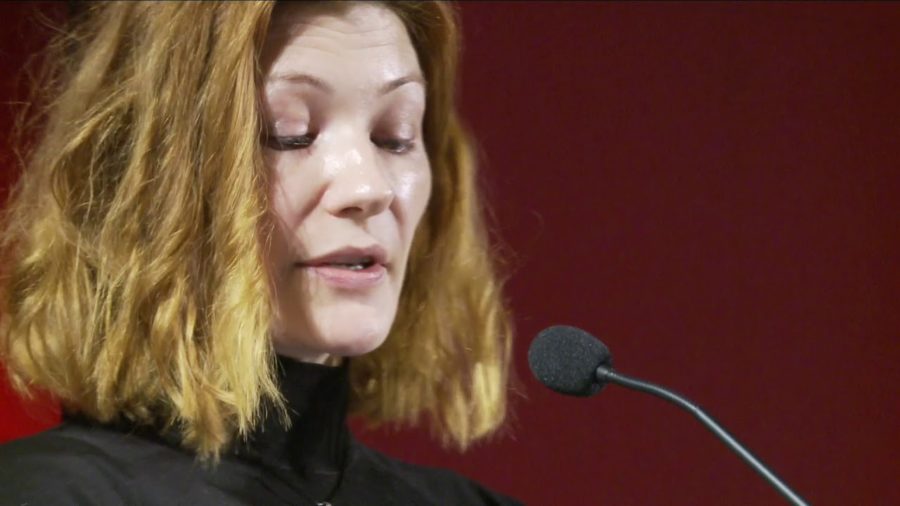New technologies open possibilities, and close other possibilities. We live in eco-technical niches as anybody else in the world, but we create our niches and we change them. So we adapt to the niches that we already have built in the past, and then we change them and create new niches in which we will adapt. But the changing is exactly what we need to understand.
State of the Net
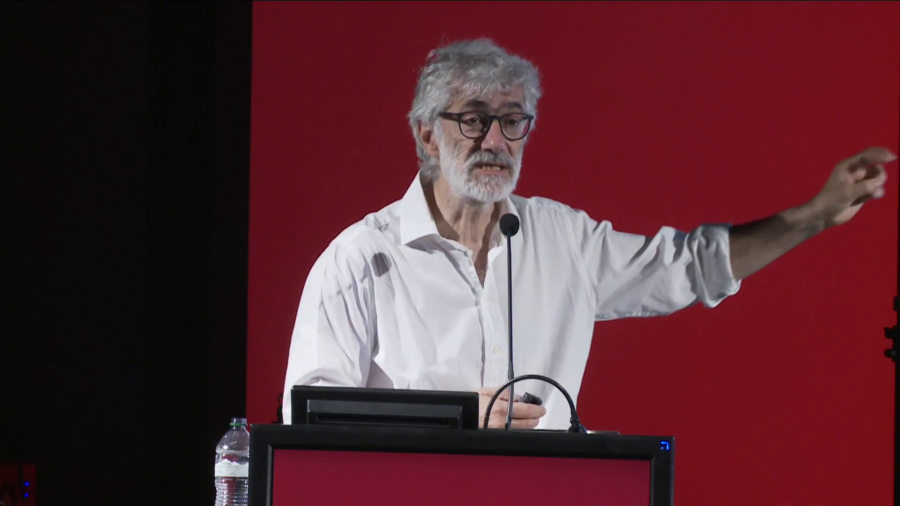
Persons of Consequence
presented by Luca De Biase
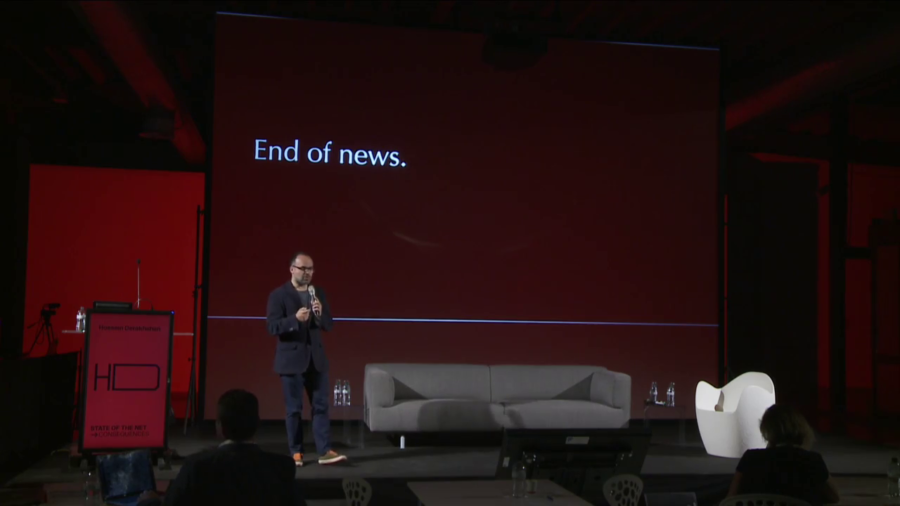
Post-Enlightenment, Media, and Democracy
presented by Hossein Derakhshan
I think this is the end of the news. Not the end of journalism, end of news. And I think the whole discussion about business models, or quality, or trust, or ethics are secondary to what is the real problem, which is a cultural problem and a social problem.
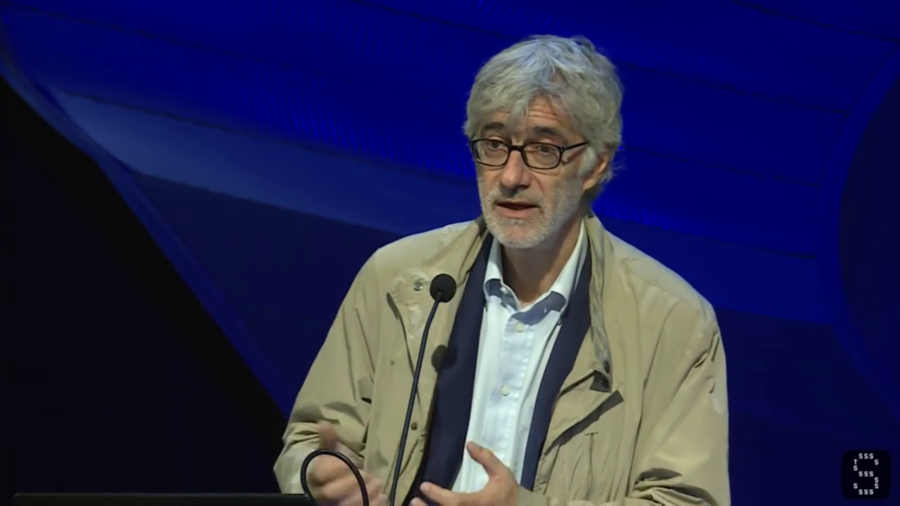
Hyperhistory
presented by Luca De Biase
My proposition is that we are not in history anymore, we are in hyperhistory. If we want to discuss about hyperhistory, when everything is written, when not only the important things are written but everything is written, then we have a lot of questions to answer. What is important? Who has the power? What is freedom?
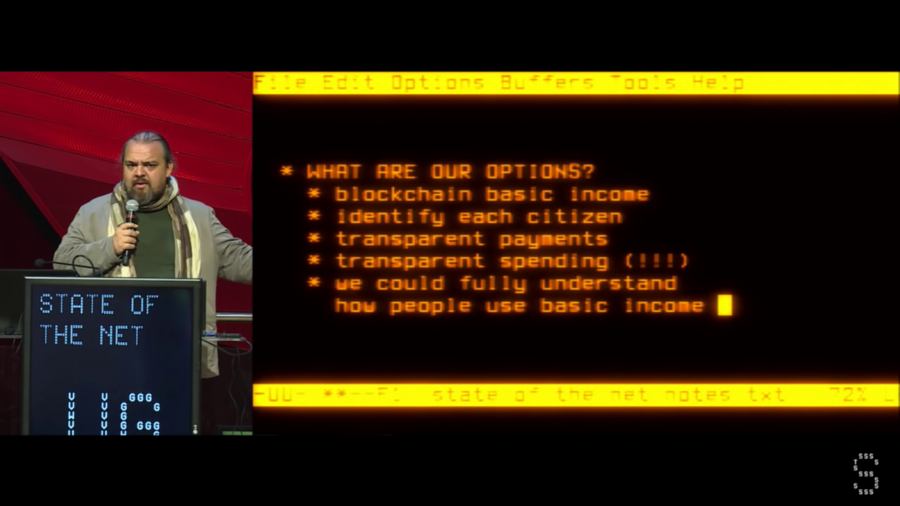
Everybody thinks of bureaucrats as being kind of a neutral force. But I’m going to make the case that bureaucrats are in fact a very strongly negative force, and that automating the bureaucratic functions inside of our society is necessary for further human progress.
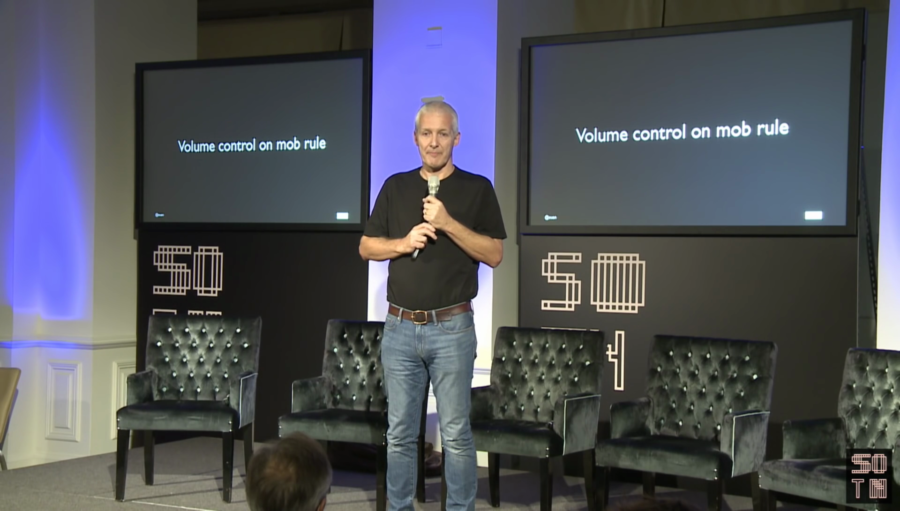
Building Your Own Personal Truth
presented by Euan Semple
I think we are groping towards this idea of truth. And even the word truth can be defined in multiple different ways. So we are by its very nature dealing with a very slippery topic.
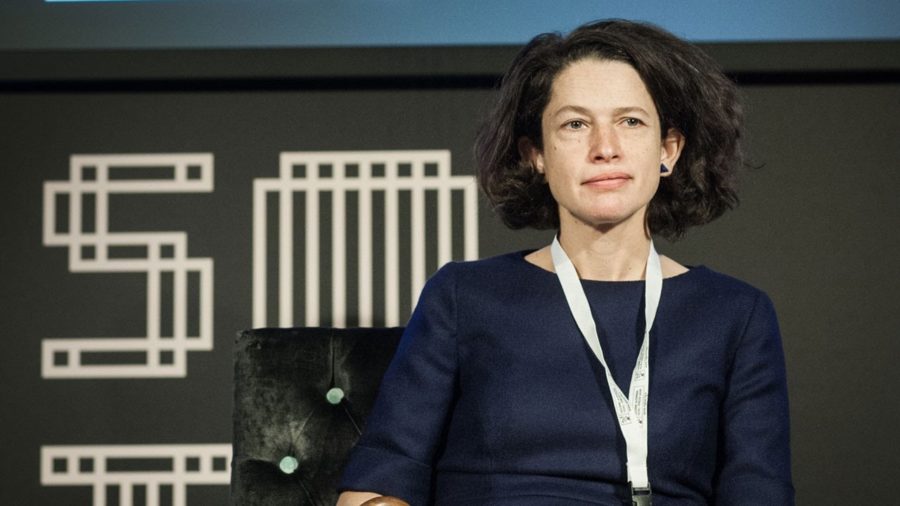
Is Digital Culture Responsible for Post-Truth Politics?
presented by Eliane Glaser
I’m going to argue today that even while we know post-truth politics is having a terrible effect on our political culture and our role as citizens, it’s curiously difficult to combat it because of a set of beliefs about what politics is, and about the Internet and the way it enables ordinary people to have a voice. And these beliefs intersect with a prevailing anti-intellectual anti-elitism which associates knowledge, discernment, and truth with snobbery and power.

